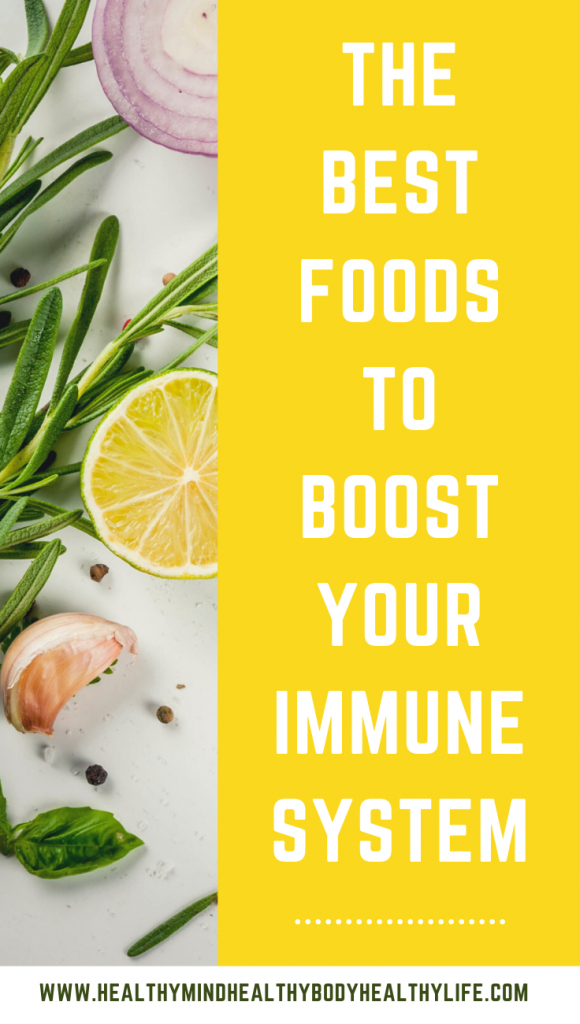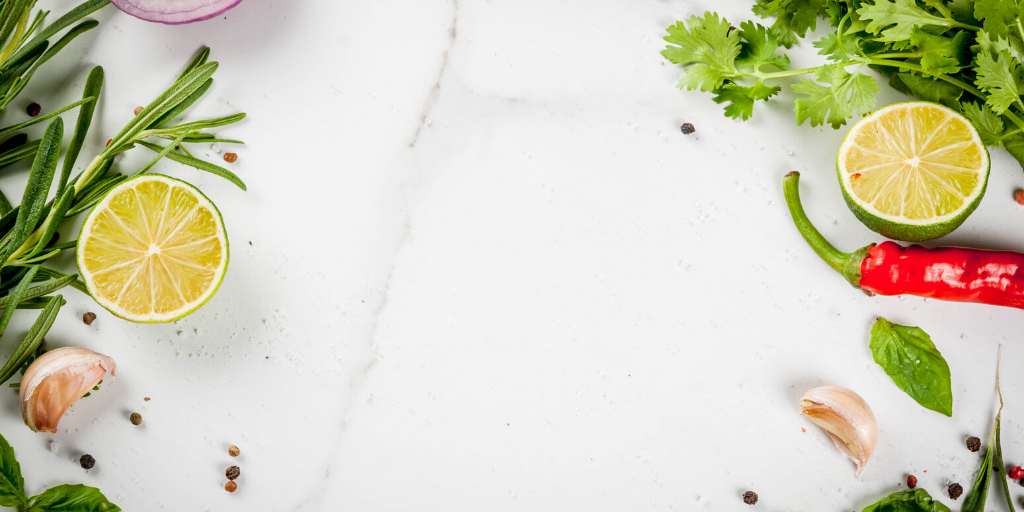2020 has seen unprecedented panic spread across the globe with the spread of the Coronavirus Covid-19. People have become obsessed with staying healthy by stockpiling food and household supplies, and improving their personal hygiene.
An important part of maintaining health is our diet and the effect the food we eat has on our gut health. Many people are stockpiling food, in case they are forced to self isolate, or possibly have already had to do so. However, some of the food choices people are making are questionable when health is at the forefront of their mind.
I have compiled a list of the best and worst foods that are high in nutrients to ensure you have in your pantry and fridge/ freezer, and those food items you are better off leaving on the Supermarket shelves.
High nutrient foods are essential for our Immune Function to work optimally!
Foods to avoid
Here are some of the foods to avoid due to their high sugar or salt content, high fat content and low nutrient value
- Canned Meat & Fish
- Canned Vegetables, Soups and Beans
- Canned Fruit
- Biscuits
- Crisps
- Salted Nuts
- Fizzy Drinks
- Cured Meats
- Sugary Cereals
- Energy Bars
Consuming these junk foods further increase the risk that people with high blood pressure, diabetes, heart disease, low immunity, or that are already fighting an infection face when trying to fight off bacteria and viruses. Instead, try to get your hands on some of these items.
Foods to add to, or increase in your diet
Our goal should be to boost our intake of nutrients that support the immune system and minimise deficiency risk, in particular vitamins C, D and A and minerals like zinc and iron, as well as minimise our intake of junk foods, or high calorie foods that are low in nutrients.
With the current state of the Supermarket stores, the following FRESH PRODUCE should still be possible to purchase:
- Fruit
- Vegetables
- Seeds
- Herbs
- Pulses
If fresh vegetables are not ideal or unavailable to you, then invest in Frozen Vegetables, which frequently have a higher nutrient value than the fresh produce on the shelves. When vegetables are frozen, the nutrients are LOCKED in, whereas fresh produce from the shelf is deteriorating the longer it sits there, so frozen items can be a better choice in some cases.
The importance of Vitamins & Minerals and specific food suggestions
In general, a reduced intake of greens can leas to more coughs and colds. This is the time to be strengthening the nutritional value of your diet and to both ‘feed’ and boost your immune system.
Below are listed the best vitamins & minerals to consume daily and example foods that will provide these nutrients:
- Vitamin C: Broccoli, Peppers
- Vitamin D: Eggs, Salmon
- Magnesium: Pumpkin and Sesame Seeds
- Iron: Almonds, Raisins
- Zinc: Oats, Ginger root
- Prebiotics: Banana, Apples
- Probiotics: Yogurt, Sauerkraut
If you cannot include these vitamins and minerals in your diet through food, it is time to consider supplementing.
Prevention rather than Cure
This article is meant to help you improve your immune system before virus or disease strike. To help your health to be in its optimum state should ANY bug come through your home or everyday environment.
If you are interested in learning how to improve your immunity further, check out our Nutritional Immunity Assessment here, its free!
I would love to hear from you in the comments below on what you do to maintain your immune system.
Please subscribe to receive our fortnightly email full of free inspirational articles on wellness, yoga, nutrition and more!
Lauren x



Great post people need to see this
Thank you! I agree, hopefully people heed this advice.
They will